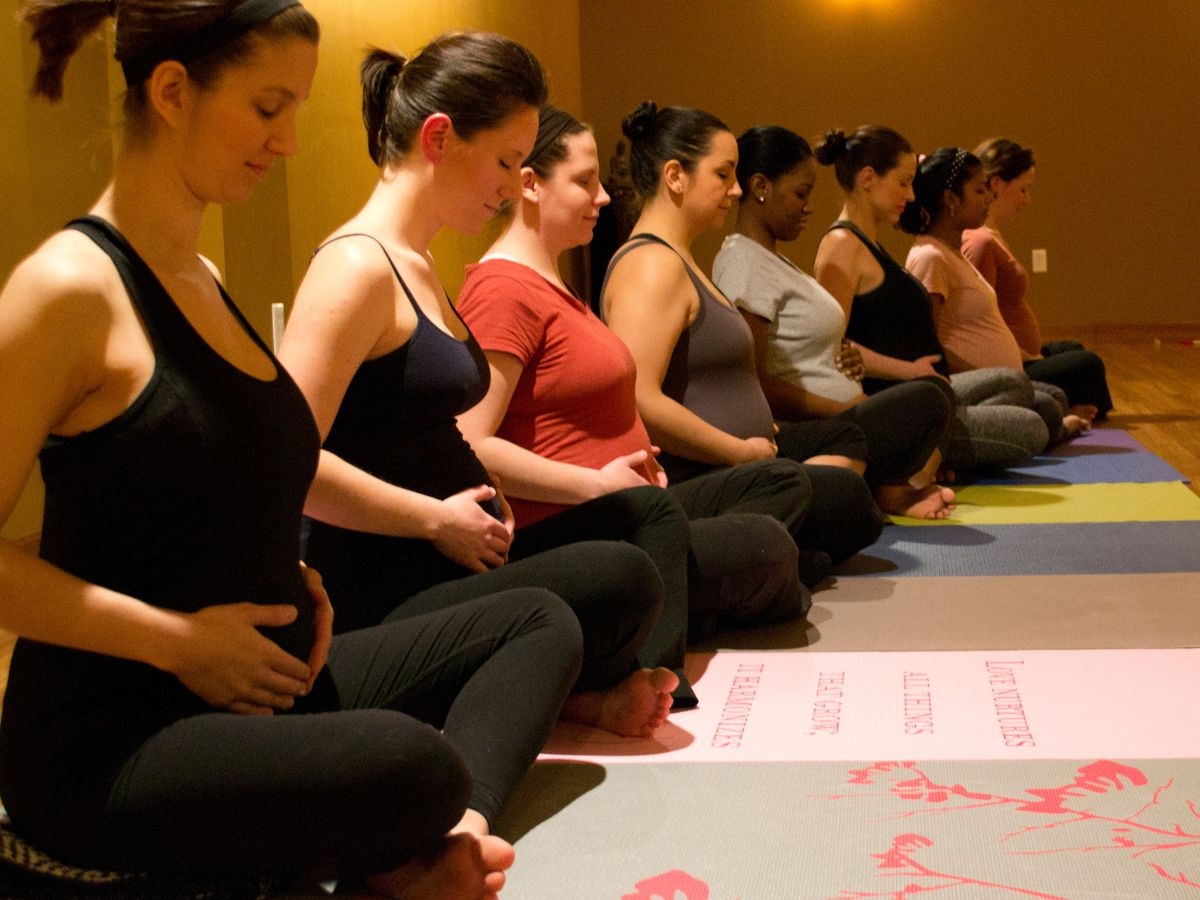"Yoga is the journey of the self, through the self, to the self."
- Bhagavad Gita, Chapter 6, Verse 20
One of the most common misunderstandings I hear about yoga is that it’s a religious practice. Some people worry that practicing yoga will conflict with their personal beliefs, or that it’s only for people who follow Hinduism or Buddhism. I understand the concern - especially for those just beginning to explore this path of movement, breath, and inner stillness.
Let me be clear: yoga is not a religion. It’s an ancient practice that welcomes everyone, no matter your background, beliefs, or experience.
Yoga’s roots: a practice that precedes labels
Yoga is over 5,000 years old. It began in ancient India, long before modern-day religion was categorized the way it is today. The word yoga comes from the Sanskrit root yuj, meaning “to yoke” or “to unite.” Traditionally, this referred to uniting body, mind, and spirit - or even the individual with the greater universe. It’s a practice of connection, not conversion.
So why do so many people associate yoga with religion—particularly Hinduism or Buddhism? The answer lies in history.
Why Hinduism and Buddhism are associated with yoga
Yoga and Hinduism developed side by side in India. Naturally, they share language (Sanskrit), philosophical ideas, and cultural practices. Many early yogic texts (like the Bhagavad Gita, Upanishads, and Yoga Sutras of Patanjali) were written in the same spiritual and philosophical traditions that Hinduism draws from.
Similarly, Buddhism emerged from the same soil. It also uses meditation, breath, and awareness to explore the nature of the mind and reduce suffering; something yoga does too. That’s why you’ll often find Buddhist terms or practices interwoven with yoga, especially in mindfulness-based or meditation-heavy classes.
But here’s what matters: yoga isn’t trying to convert anyone. Just like someone can enjoy music from another culture without abandoning their own, you can practice yoga and benefit deeply - without needing to adopt a new set of beliefs.
Yoga is a personal practice, not a faith system
Unlike religion, yoga doesn’t ask you to believe in anything. You don’t need to pray to a certain god, recite a specific doctrine, or take a vow. What yoga does ask is for your presence. Your breath. Your willingness to explore your body and thoughts with curiosity and compassion.
That’s why yoga has spread across the world. It adapts to the person, not the other way around. Whether you’re Christian, Muslim, Jewish, spiritual but not religious, or don’t follow any belief system at all, yoga meets you where you are.
Where I teach in Metro Detroit has always been diverse. In one class of 10-20 women we will have nearly the same amount of belief systems individuals, about a handful or more of women who've recently relocated to our area from a different state or country, and are all united in respect to each of their individual stories as it shows up in their practice.
When sharing philosophy with my students I emphasize: Yoga isn’t something you join - it’s something you remember. Your body already knows how to breathe. Your heart already longs for balance. Yoga simply gives you the tools to tune in. To pay attention.
Cultural appreciation, not appropriation
That said, it’s important we honor where yoga comes from. While it’s not a religion, yoga is a sacred part of Indian heritage. It’s more than just poses on a mat or trendy workout clothes. When we understand that yoga emerged from a rich spiritual and philosophical tradition, we can approach it with respect.
Here are a few simple ways to do that:
- Learn a little about yoga’s roots - reading translations of the Yoga Sutras or learning about the eight limbs of yoga can deepen your practice. Here's an article I wrote about the first two limbs: Yamas and Niyamas, as a reflection in motherhood.
- Respect the Sanskrit language, even if you’re not fluent - try saying the names of poses with care.
- Understand that yoga is about more than movement - it’s also about self-discipline, kindness, truthfulness, and inner freedom.
When we practice yoga with reverence, we’re not taking - we’re joining a long lineage of seekers who used these tools to become more whole.
Yoga is for all
No matter who you are, what you believe, or what you’ve been through, yoga is here for you. It doesn’t require perfection, performance, or piety. Just presence.
Showing up is the hardest part. If you can show up to practice, you are practicing yoga.
I’ve guided women from all walks of life through yoga practices - from pregnant to postpartum mothers, from spiritual seekers to skeptical newcomers. Again and again, I see yoga open doors. To the breath. To the body. To the moment. To feeling more whole.
So if you’ve ever felt unsure about stepping into a yoga class because you’re not “spiritual enough” or “don’t want to do anything religious” or "go against your religion," I hope this offers clarity and comfort.
You belong here.
Because yoga isn’t about becoming someone else. It’s about becoming more of who you already are.

